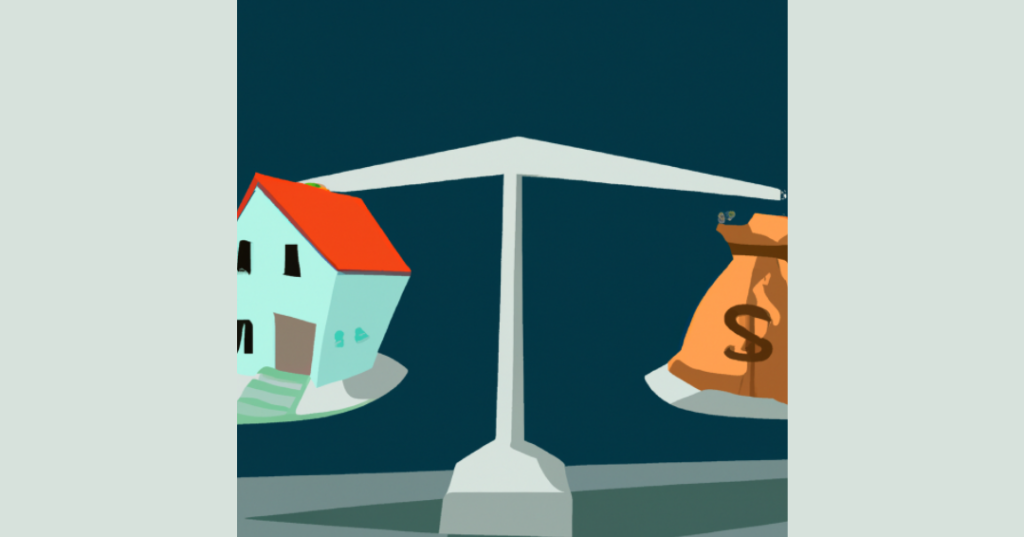Setting the right asking price for your home is one of the most important decisions you will make as a seller
It is essential to strike a balance between pricing your home competitively while still earning a profit. There are several methods to determine an asking price for your home, and choosing the right one can be a daunting task. In this post, we will explore some popular methods for setting an asking price for your home.
1. Comparative Market Analysis (CMA)
One of the most popular methods used by real estate agents to determine the value of your home is through a Comparative Market Analysis (CMA). This involves comparing your home’s features and condition to similar properties that have recently sold in your area. By analyzing recent sales data and adjusting for any differences, such as square footage or upgrades, a CMA can provide a realistic estimate of your home’s value.
2. Appraisal
Another method for setting an asking price for your home is through an appraisal. This involves hiring a professional appraiser to assess your property’s value based on factors such as location, size, condition, and recent sales data. An appraisal can provide an accurate estimate of your home’s value and is often used by buyers and lenders to determine financing.
3. Online Valuation Tools
Several online valuation tools are available that use algorithms and publicly available data to estimate your home’s value. While these tools can provide a general idea of your home’s worth, they may not be as accurate as a CMA or appraisal. It’s essential to remember that online valuation tools cannot factor in unique features or upgrades that can significantly impact your home’s value.
4. Cost-Based Pricing
Cost-based pricing involves adding up the costs of building your home, including materials and labor, and then adjusting for depreciation. While this method can provide a baseline for determining your home’s value, it doesn’t factor in market conditions or demand for homes in your area.
Emotional Attachment
Finally, it’s essential to avoid letting emotional attachment to your home influence your asking price. While memories and sentimental value are priceless, they do not factor into your home’s market value.
Using a Real Estate Agent
While each of these methods has its advantages and disadvantages, it’s essential to remember that setting an asking price for your home is not an exact science. It’s crucial to work with a professional real estate agent who has experience in your local market to determine the best strategy for pricing your home.
Hiring a real estate agent can offer several benefits when it comes to setting an asking price for your home. They have access to industry data and trends and can provide you with a comprehensive market analysis that considers your home’s unique features and condition. Additionally, a real estate agent can provide guidance on how to position your home competitively in the market to attract potential buyers and help you earn a profitable sale. Overall, working with a real estate agent can provide you with the expertise and support you need to set the right asking price for your home.
Let me help you with this process…
Hire Bill Daus as your real estate agent today. We have a team that will take care of all the steps for you and get the highest price.
